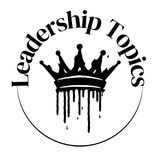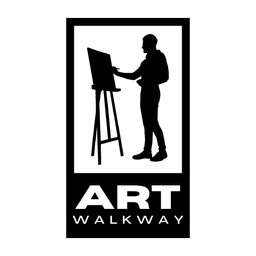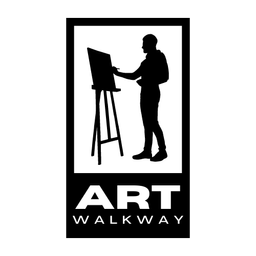Let Us Share a Career Secret: Your Next Move Won’t Start with a Resume
Sending out resumes may not be the key to your next big role. Discover how to position yourself as the solution they’re looking for—before a job is even posted—by answering five essential career questions.

If you’re relying on job boards or sending out countless resumes to land your next big opportunity, it might be time to rethink your strategy. Most career-changing moments don’t begin with an application—they start with a conversation in a room you’re not even in.
Imagine this: a group of people discussing a new project or upcoming changes. Someone asks, “Who do we know who’s perfect for this?” In that moment, you want your name to be the one they mention. You want to be the person they see as the solution, even if you’re not there to raise your hand. But how can you position yourself so that, when the right opportunity comes up, people think of you immediately? Here’s how to ensure you’re the name they talk about.
1. Know the Real Value You Bring
Think about the skills and unique perspectives you bring to the table. While your resume might list degrees and past roles, ask yourself: does it capture your true value? Jobs today are more flexible than ever, with tasks evolving as technology and organizational needs shift. For example, new roles like “app developer” and “data privacy officer” arose as technology advanced, filling needs that weren’t there before. The key to staying relevant is to define yourself by the unique value you offer, not just your last job title.
Take a step back and reflect on what you’ve accomplished—think about how your skills solve real-world problems. When you can articulate your value clearly, you become memorable and, most importantly, relevant when someone’s considering you for new challenges.
2. Identify Who Knows Your Value and Can Vouch for You
In that moment when someone asks, “Who do we know that can do this?” you won’t be in the room. But people who’ve experienced the value you bring will be. Think about the colleagues or mentors who understand your strengths and can speak to your abilities.
These relationships are your hidden assets. Just as you don’t pull up a resume when forming a team, others rely on the impressions you’ve left behind—the way you connect ideas, your unique strengths, or your ability to ask the right questions. So ask yourself: who knows your work well enough to speak up on your behalf? Nurture these connections. Your collaborators are the ones who will confidently bring your name to the table.
3. Pinpoint Who Needs Your Expertise
Picture the people who might need exactly what you offer but don’t know you yet. They’re in those rooms, tackling big challenges, and they rely on mutual connections to find the right person for the job. To make sure you’re top of mind, consider who in your network could connect you to these decision-makers.
Think about this story: A senior leader wanted an international role to gain global experience. He identified who was involved in those discussions—typically, HR and Finance leaders—and communicated his ambition with them. Months later, a role opened up, and his Finance peer remembered his interest, clarifying any assumptions that might have kept him out of consideration. When you know who’s likely to need your expertise, you can make sure the right people are aware of your goals, positioning you to be top-of-mind when the time comes.
4. Learn the Language They Use
It’s not enough to know what you bring—you need to know how others describe the skills and abilities you offer. Often, the language people use to describe their needs doesn’t match how you talk about your own skills. To bridge that gap, learn the terminology used in your industry and by potential employers.
For example, if you’re pivoting into a new field, pay close attention to job postings, industry reports, and trends to pick up on the specific language others use to describe roles similar to yours. This subtle shift helps you be more visible and makes it easier for people to connect you with opportunities because you’re speaking their language.
5. Make Yourself Visible and Memorable
Visibility isn’t about sending out resumes or posting online constantly—it’s about showing up in ways that authentically highlight your value. Expand your network by connecting with people who challenge your thinking and expose you to new perspectives. Attend industry events, contribute insights on LinkedIn, or join professional groups where your skills and ideas are front and center.
Your personal brand matters here, too. Your brand is the image of you that people carry—created by how you communicate, the value you bring, and the impression you leave. Every meaningful connection, every insightful conversation, and every authentic moment of sharing expertise strengthens this brand. So when someone asks, “Who do we know that could…?” your name is the first that comes to mind.
Becoming the Solution They’re Already Looking For
In today’s career landscape, the right opportunities aren’t just about waiting for job postings—they’re about making sure your name is in the right conversations before a job is ever posted. Answering these five questions isn’t just preparing you for a job search; it’s building a strategy that positions you as the solution decision-makers need.
This is how work finds you—not just any work, but the kind of roles that make you feel valued and fulfilled. By aligning your career with these five essential questions, you’re not just another applicant. You’re becoming the candidate they’re already looking for.
Leadership Topics
ART Walkway Highlights
For the latest trends in the art world, visit our sister magazine for in-depth features and exclusive insights:








